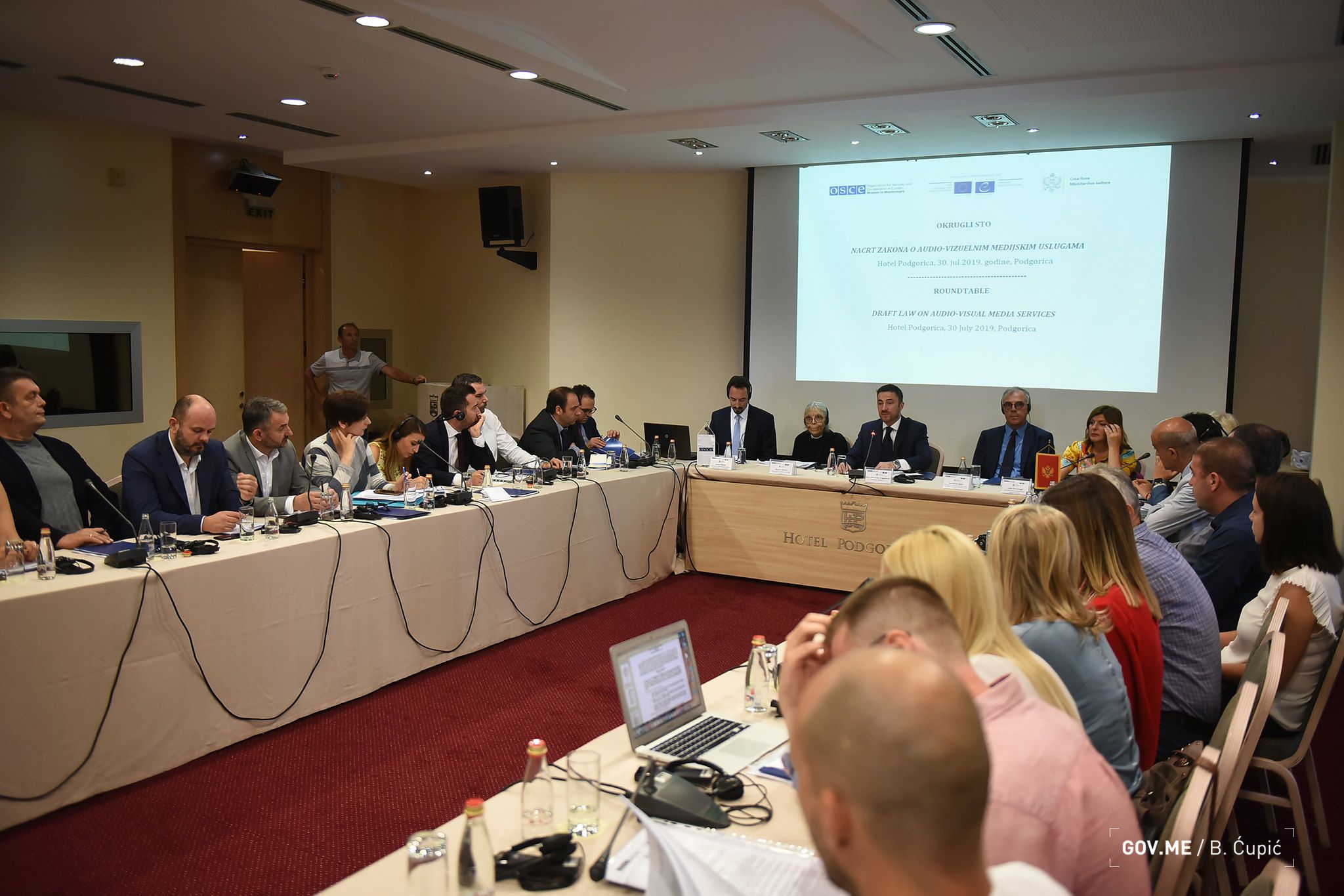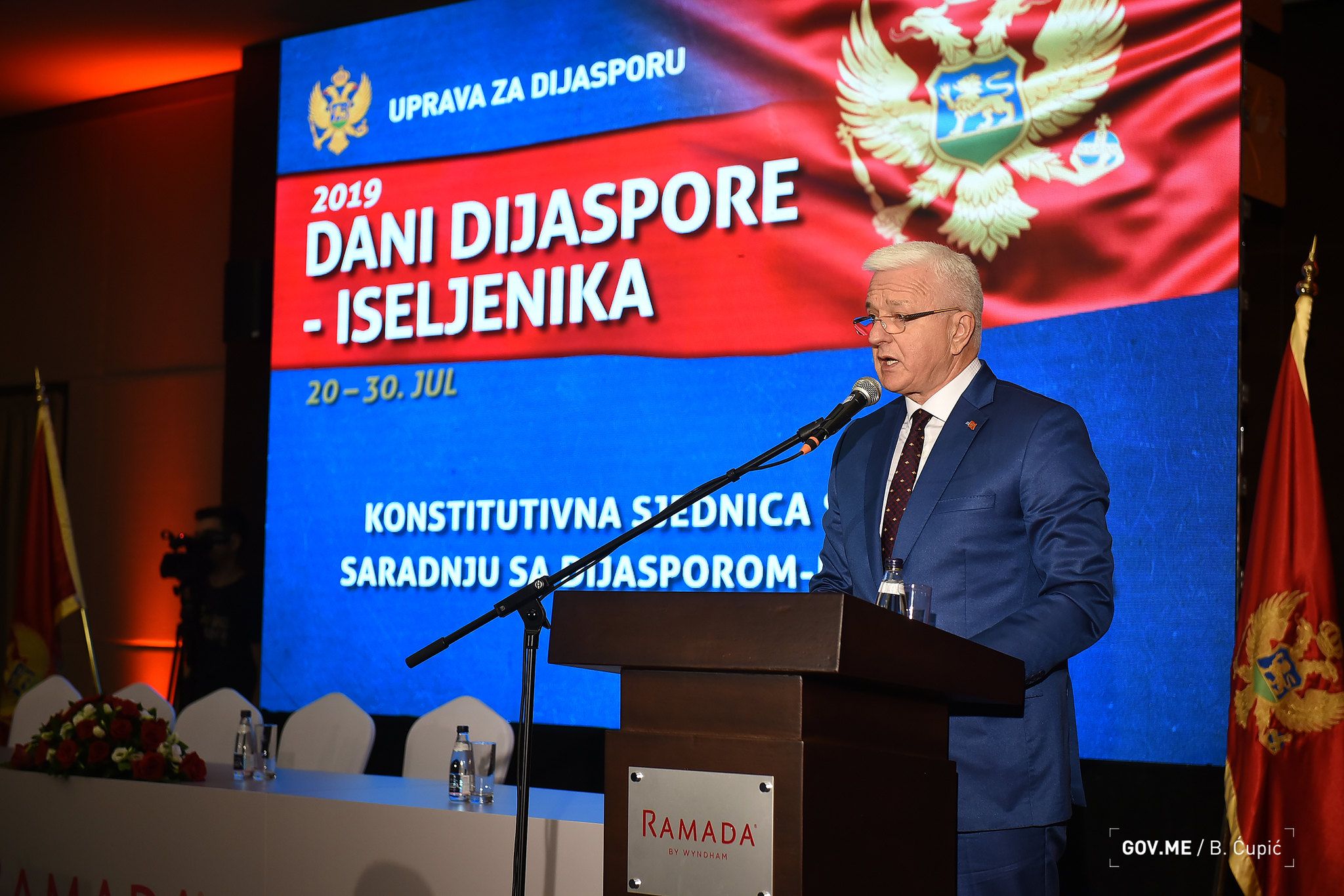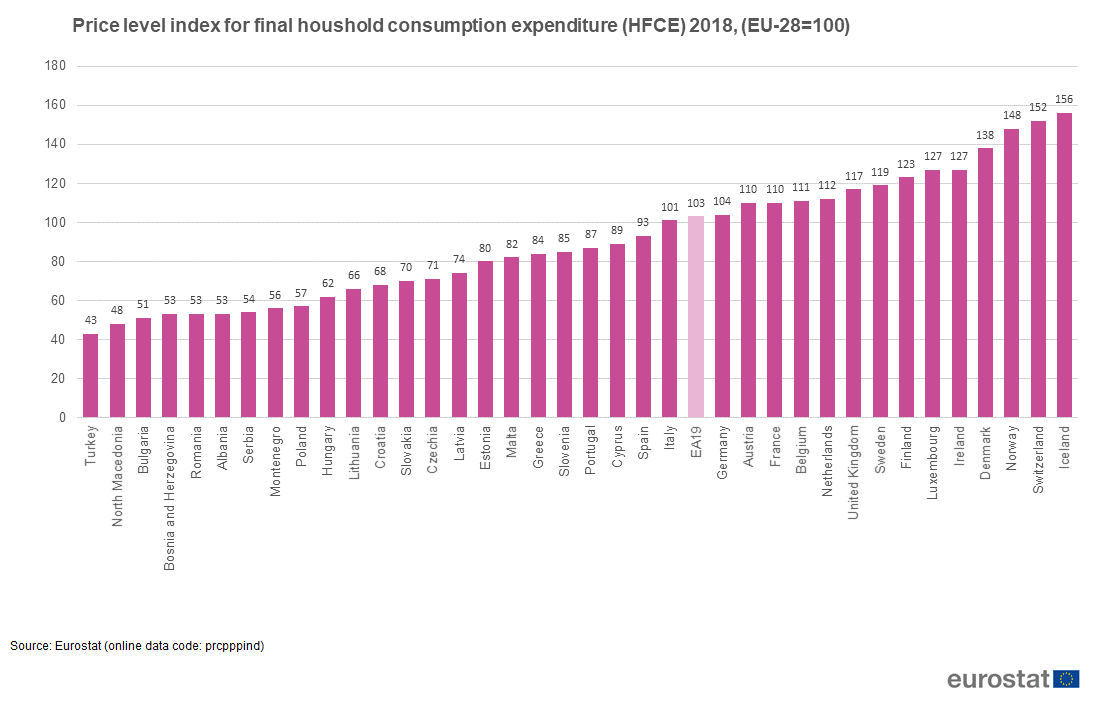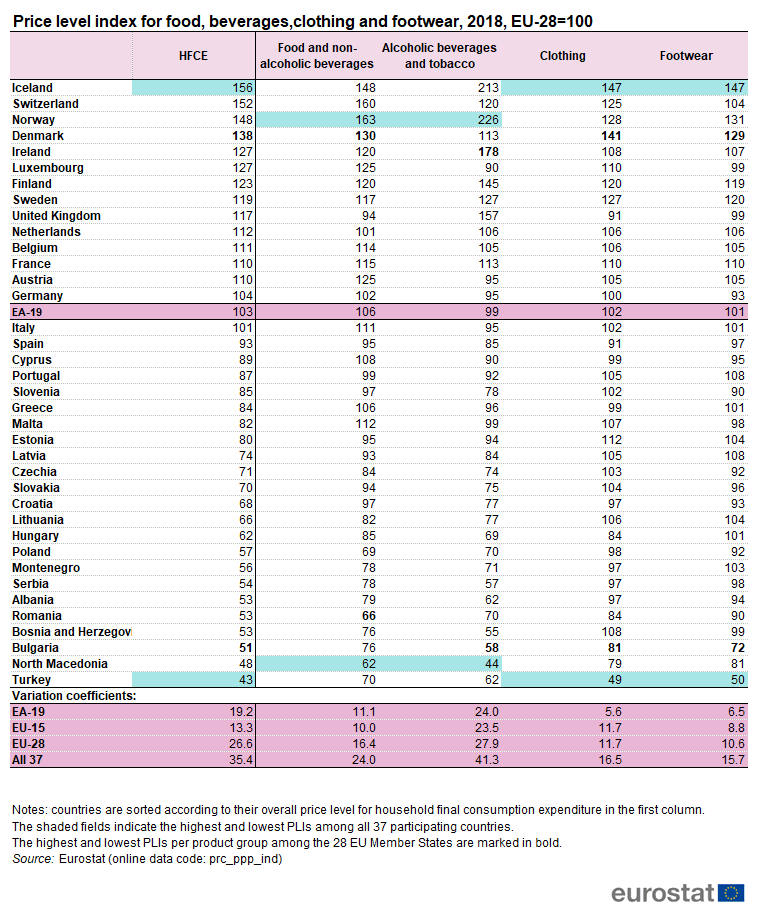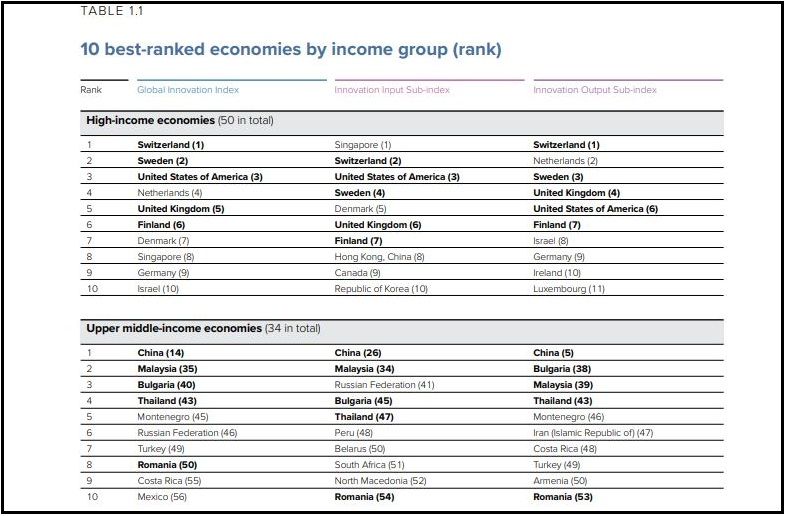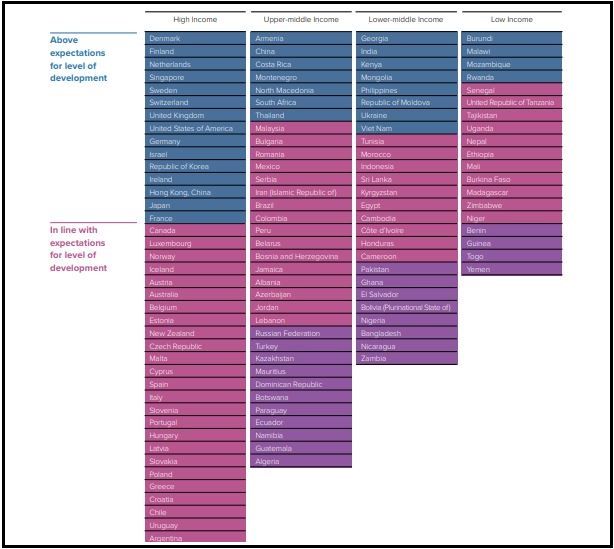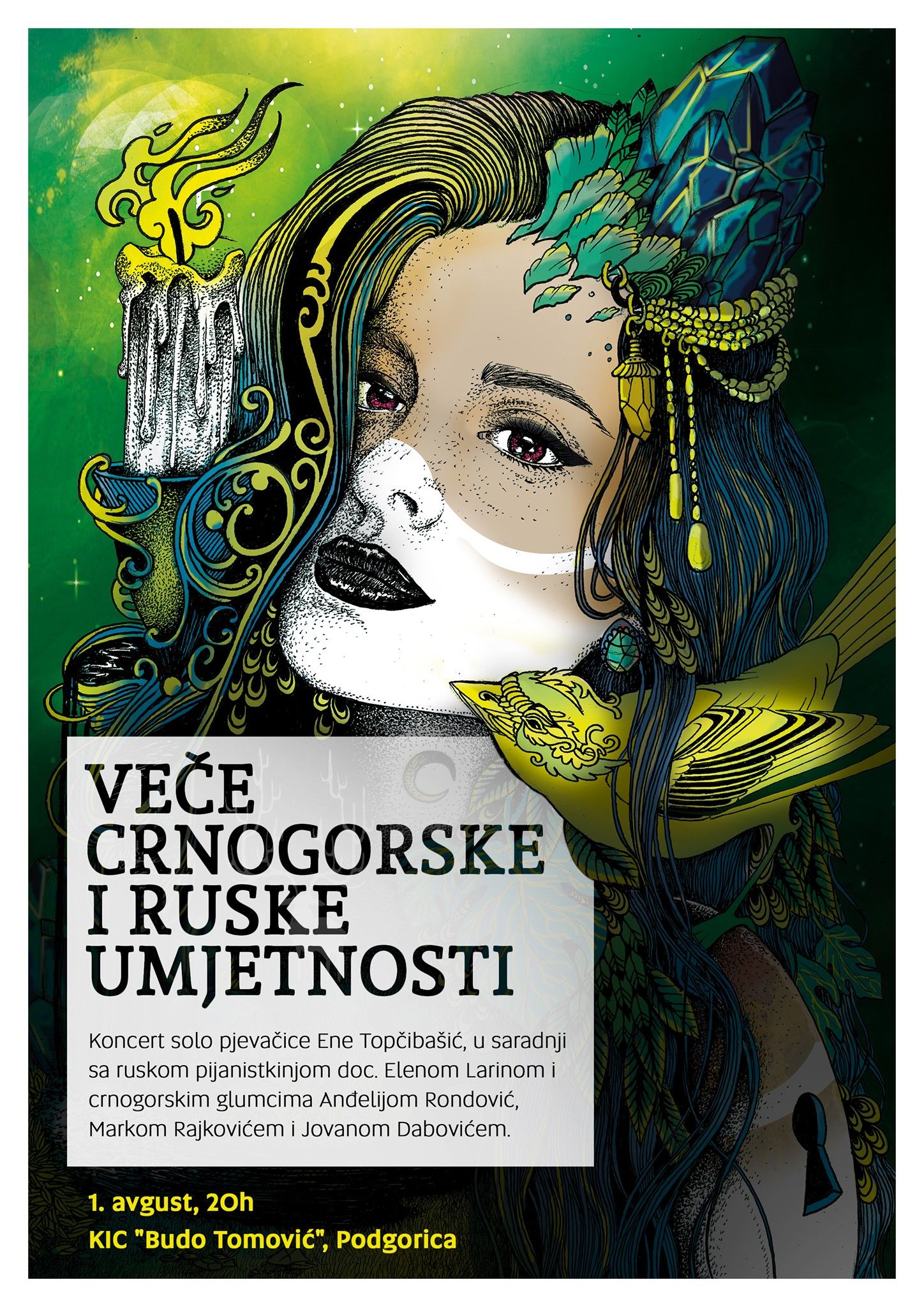The brand new aquatic centre in Burgas welcomed the best U15 European players and the venue witnessed some great games, especially in the quarter-finals where the young warriors produced real thrillers.
The clash of Hungary and Serbia was as epic as their senior sides’ battles. Serbia came back from 8-4 and 10-8 down to take the lead in the last period at 10-11, only to see the Magyars netting two in 45 seconds shortly before the end. Spain and Italy met here in the quarters (at the senior World Championship they played the final), the game ended in a 3-3 tie and the Italians won the shootout. Montenegro upended group-winner Croatia 10-9 with a late double in the very last minute, while Greece needed a miraculous 5-2 run in the final quarter to beat surprise quarter-finalist Georgia 12-10.
The Hungarians won a tough one against Italy in the semis 8-6 while Montenegro did not leave any chance for the Greeks (13-8). The final lacked the expected excitement as the young Hungarians opened the match with 5-0 and never looked back to take the crown with a 15-9 win. Italy edged out Greece for the bronze medal 9-8.
LEN has launched this new age-group event to meet the National Federations’ demands to create a competitive environment for these youngsters as this contributes a great deal to their development. Next year these generations can play in the U16 World Championships. The following age-group event in the LEN Calendar is the European Junior Open Water Swimming Championships to be held in Racice (CZE) from 1-4 August. Free live streaming will be offered on the LEN website.
On this occasion, the Government of Montenegro congratulated the young water polo team.
"Being in a sports heat and winning the silver medal by competing with the best teams in Europe means that your country can count on you in every way, even in the light of championship generations shift. The policies implemented by the Government and the Ministry of Sports and Youth will provide you the status of promising athletes. With your talent and hard work, it is a safe guarantee of new successes of our water polo, but also a visa for new Montenegro’s sports champions," the letter reads.
Final rankings: 1. Hungary, 2.Montenegro, 3.Italy, 4. Greece, 5. Serbia, 6. Georgia, 7. Spain, 8. Croatia, 9. Russia, 10. Slovakia, 11. Slovenia, 12. Turkey, 13. Romania, 14. Bulgaria, 15. Netherlands, 16. Belarus
Read more news about sports in Montenegro at TMN's dedicated page.

